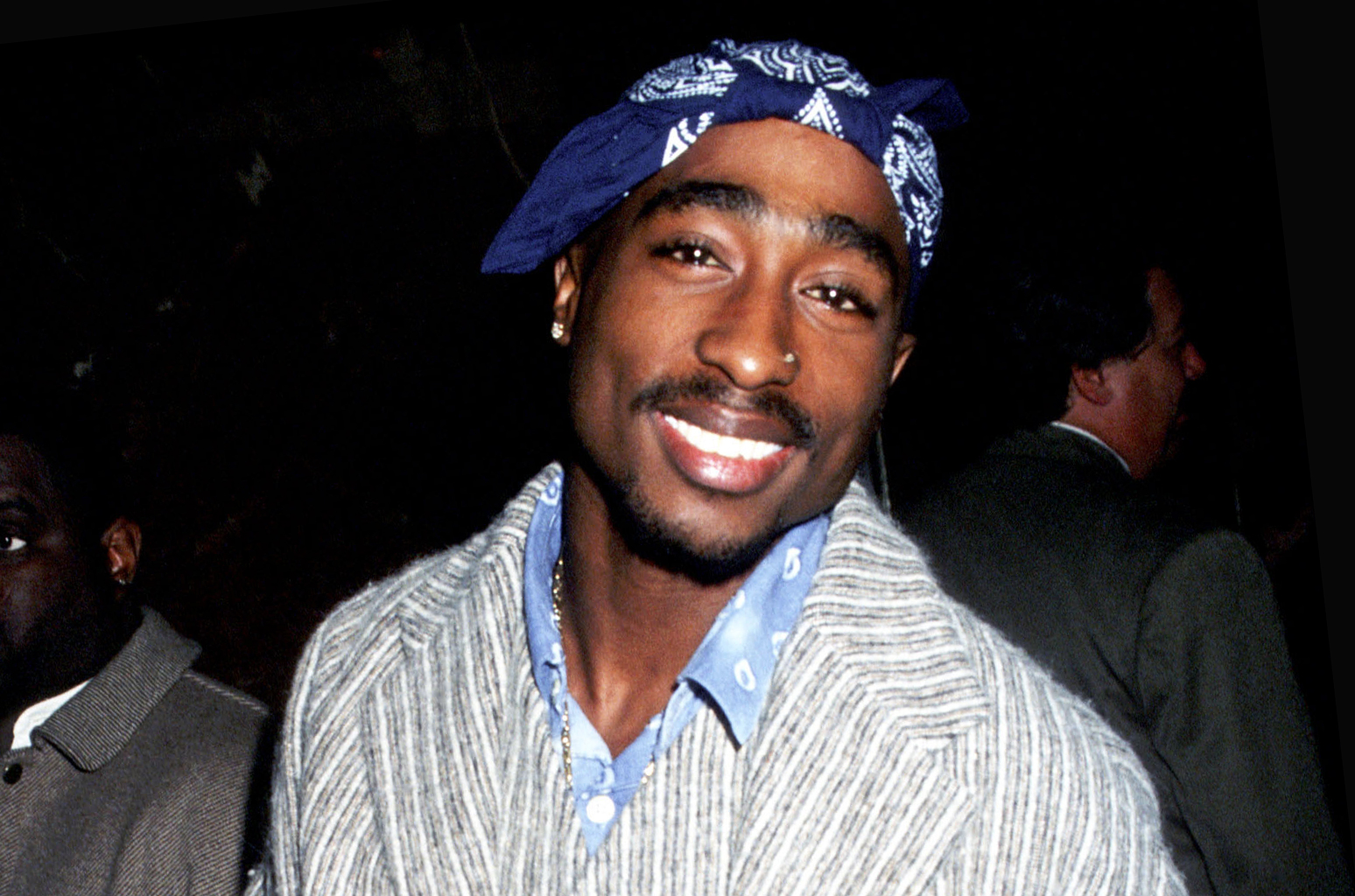In the realm of hip-hop, few names resonate as profoundly as Tupac Shakur. His life, though tragically cut short, continues to influence generations of artists and fans alike. Understanding the circumstances surrounding Tupac's untimely death at age 25 is crucial to appreciating his legacy and the impact he had on music and culture.
Born on June 16, 1971, Tupac Amaru Shakur, also known as 2Pac, became one of the most iconic figures in music history. His profound lyrics, which often tackled themes of systemic racism, poverty, and violence, earned him a place not just as a musician but as a cultural commentator. However, his life was marked by tumult and controversy, culminating in his premature death on September 13, 1996.
This article delves into the life of Tupac, examining his rise to fame, the events leading up to his death, and the enduring impact of his work. We'll explore the various aspects of his legacy, providing insights and information that highlight why Tupac remains a pivotal figure in the world of music and beyond.
Table of Contents
- Biography of Tupac Shakur
- Early Life and Career
- Rise to Fame
- The Events Leading to His Death
- The Legacy of Tupac Shakur
- Impact on Music and Culture
- Conspiracy Theories Surrounding His Death
- Conclusion
Biography of Tupac Shakur
Tupac Shakur’s life was characterized by complexity and contradiction. Born in East Harlem, New York City, to a family involved in the Black Panther Party, Tupac was exposed to activism from a young age. His upbringing in a politically charged environment shaped his worldview and became a recurring theme in his music.
| Personal Data | Details |
|---|---|
| Name | Tupac Amaru Shakur |
| Date of Birth | June 16, 1971 |
| Date of Death | September 13, 1996 |
| Age at Death | 25 |
| Occupation | Rapper, Actor, Activist |
| Genres | Hip-Hop, Rap |
Early Life and Career
Growing up in a turbulent environment, Tupac faced numerous challenges, including poverty and violence. He began to write poetry at a young age, which later evolved into his music career. In the early 1990s, Tupac joined the hip-hop group Digital Underground, where he gained initial recognition as a backup dancer and rapper.
Rise to Fame
In 1991, Tupac released his first solo album, "2Pacalypse Now," which showcased his lyrical prowess and social commentary. The album addressed issues such as police brutality and racism, earning him a dedicated following. His subsequent albums, including "Me Against the World" and "All Eyez on Me," solidified his status as a hip-hop icon.
The Events Leading to His Death
Tupac's life was not without controversy. His involvement in the East Coast-West Coast hip-hop rivalry, particularly his feud with The Notorious B.I.G., placed him at the center of a media frenzy. On the night of September 7, 1996, Tupac was shot multiple times in a drive-by shooting in Las Vegas, Nevada, and succumbed to his injuries six days later.
The Legacy of Tupac Shakur
Tupac's legacy is multifaceted, encompassing his music, activism, and cultural influence. His ability to articulate the struggles of marginalized communities resonates with fans worldwide. He is often regarded as a voice for the voiceless, using his platform to address pressing social issues.
Impact on Music and Culture
Tupac's influence extends beyond music; he has inspired countless artists across genres. His willingness to confront societal issues and his raw emotional honesty set a new standard for hip-hop lyricism. Moreover, his posthumous releases continue to garner critical acclaim, further cementing his status as a cultural icon.
Conspiracy Theories Surrounding His Death
The circumstances surrounding Tupac's death have given rise to numerous conspiracy theories. Some believe he faked his own death to escape the pressures of fame, while others argue that his murder was a result of the ongoing East Coast-West Coast feud. Regardless of the theories, the mystery surrounding his death only adds to the intrigue of his legacy.
Conclusion
In summary, Tupac Shakur's life and tragic death at age 25 left an indelible mark on music and culture. His work continues to inspire and provoke thought, making him a timeless figure in the hip-hop community. As we remember Tupac, let us engage in discussions about his impact and the issues he passionately addressed.
We invite you to share your thoughts in the comments below and explore more articles on our site to deepen your understanding of this remarkable artist.
Thank you for reading, and we hope to see you back here for more insightful content!



